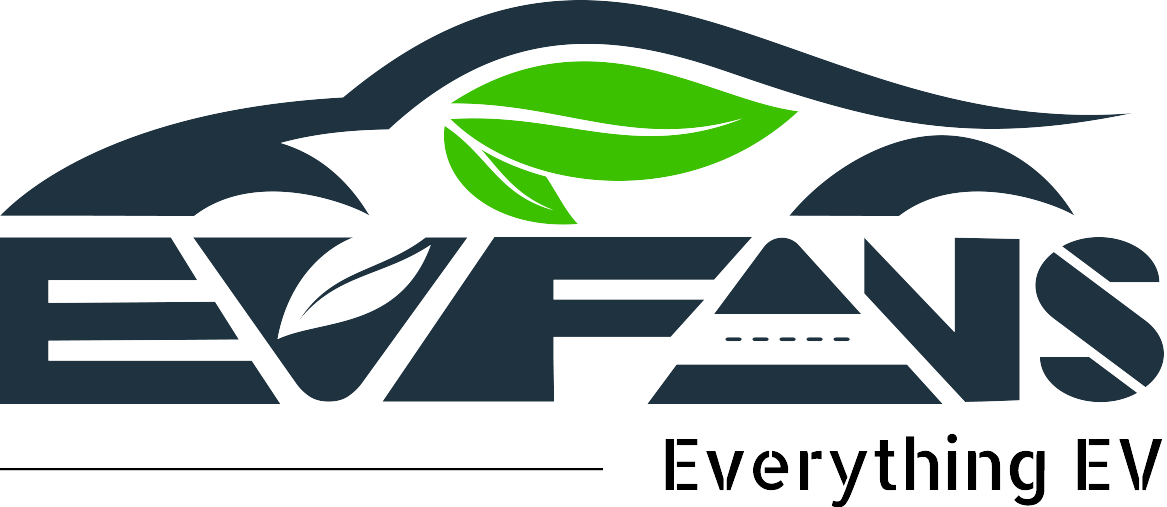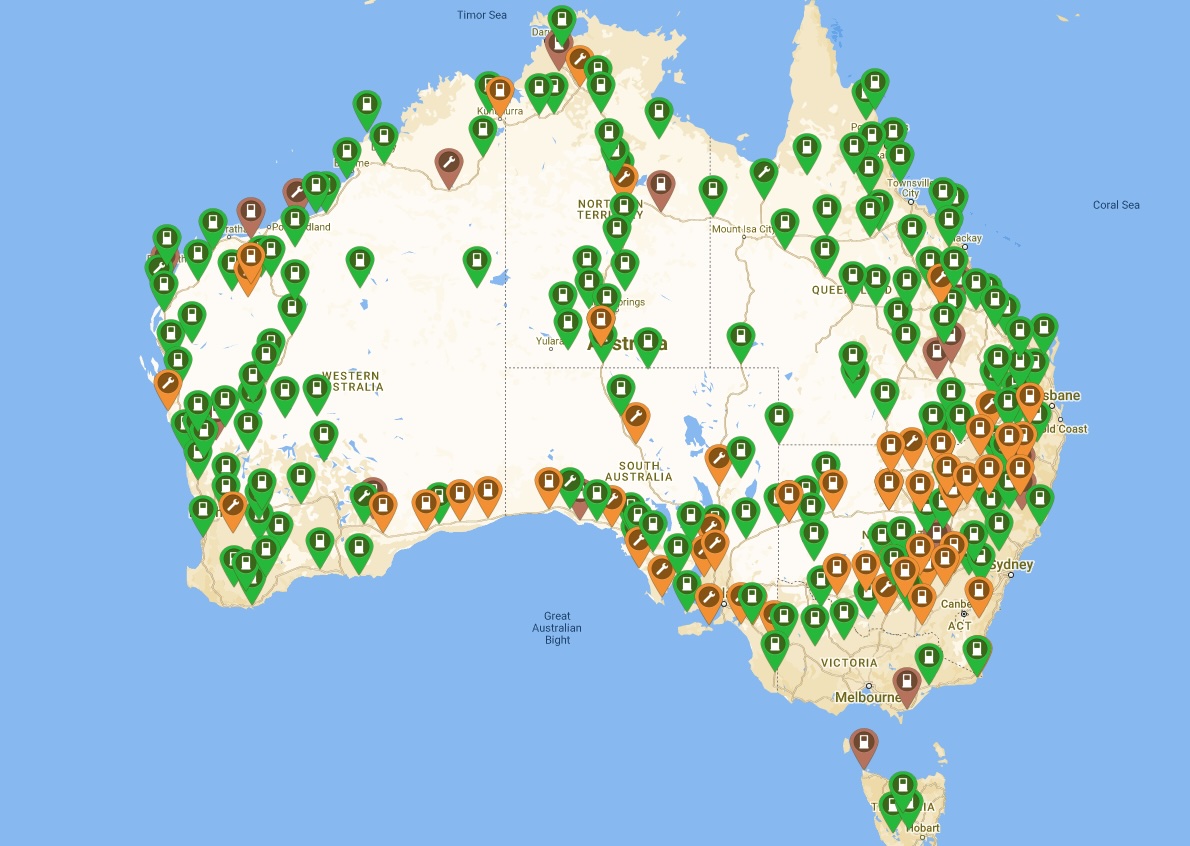Australia, 2024 – In a major push towards accelerating the adoption of electric vehicles (EVs) and reducing carbon emissions, states and territories across Australia have announced a series of changes to EV incentives, alongside new strategies aimed at bolstering the EV market. These reforms come at a crucial time as Australia seeks to position itself as a leader in sustainable transportation.
Australian Capital Territory (ACT)
The ACT continues to lead with progressive policies, offering stamp duty exemptions for new and used zero-emission vehicles, including motorcycles, PHEVs, and HEVs. In a significant move, from 1 July 2024, the territory will transition to an emissions-based vehicle registration fee system, incentivizing lower emissions vehicles with reduced fees.
New South Wales (NSW)
In NSW, the previous EV rebate and stamp duty exemption programs concluded at the end of 2023. However, residents who committed to eligible EV purchases before this cutoff can still avail of these incentives, with applications open until mid-2024. This marks a pivot towards integrating EVs without direct subsidies, focusing on broader infrastructure and support systems.
Queensland
Queensland has introduced a tiered Zero Emission Vehicle Rebate Scheme, offering rebates of $3,000 or $6,000 for new ZEV purchases based on the vehicle’s price and the buyer’s household income. This approach aims to make EVs more accessible to a broader range of Queenslanders, supplemented by discounted registration fees for hybrids and EVs.
South Australia (SA)
SA’s EV subsidy program, which provided a $3,000 subsidy for eligible new EVs, wrapped up at the end of 2023. Nevertheless, the state is offering a three-year registration fee exemption for new EVs and hydrogen fuel cell vehicles registered up to mid-2025, encouraging continued EV uptake.
Victoria, Western Australia (WA), Tasmania, and Northern Territory
Each of these regions maintains its incentive schemes, including rebates, registration discounts, and stamp duty exemptions. WA’s notable $3,500 rebate for new light zero-emission vehicles is among the most generous, available until May 2025 or for the first 10,000 eligible vehicles.
Forward-Looking Strategies
Across the board, states and territories are not just tweaking financial incentives but are also laying the groundwork for a sustainable EV ecosystem. This includes investments in charging infrastructure, grid integration of renewable energy sources, and educational campaigns to raise awareness about the benefits of EVs.
These policy shifts and new strategies underline Australia’s commitment to reducing greenhouse gas emissions and transitioning towards a more sustainable and environmentally friendly transportation sector. As these changes roll out, Australians are poised to embrace EVs like never before, steering the country towards a cleaner, greener future.








